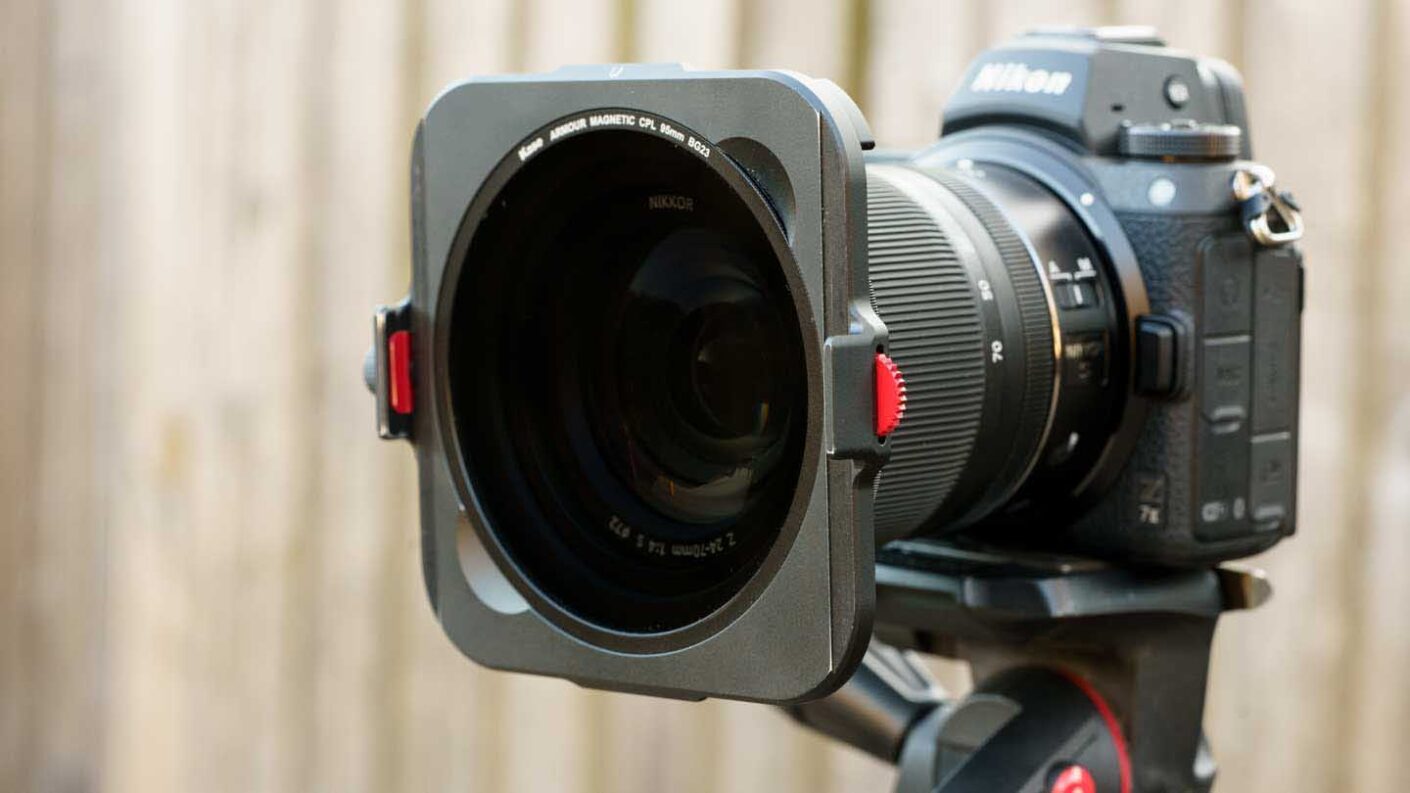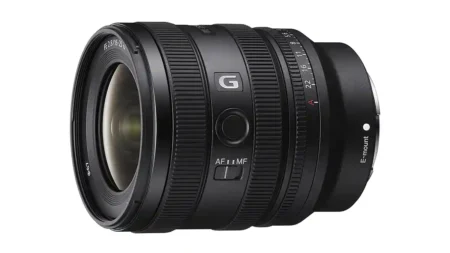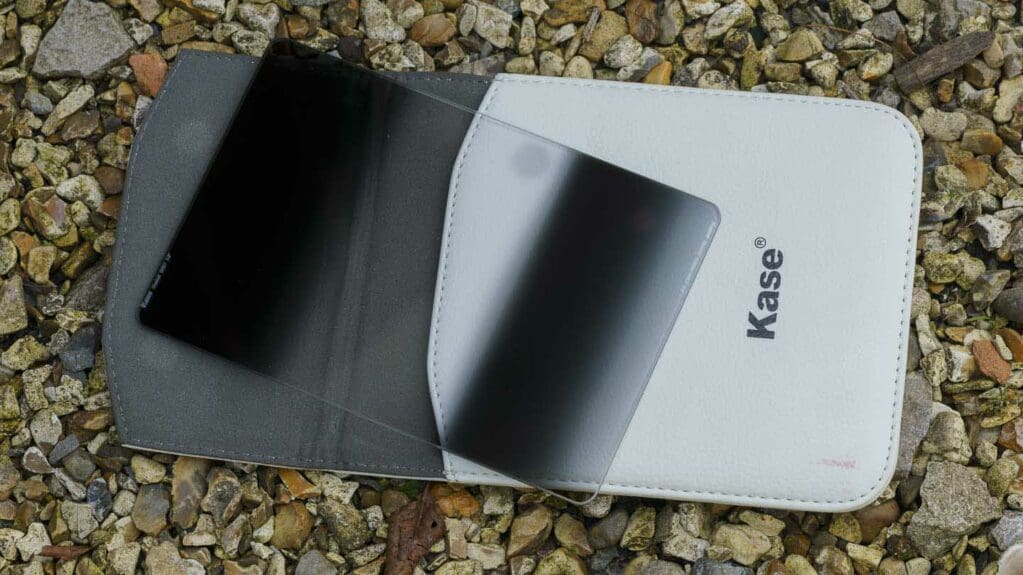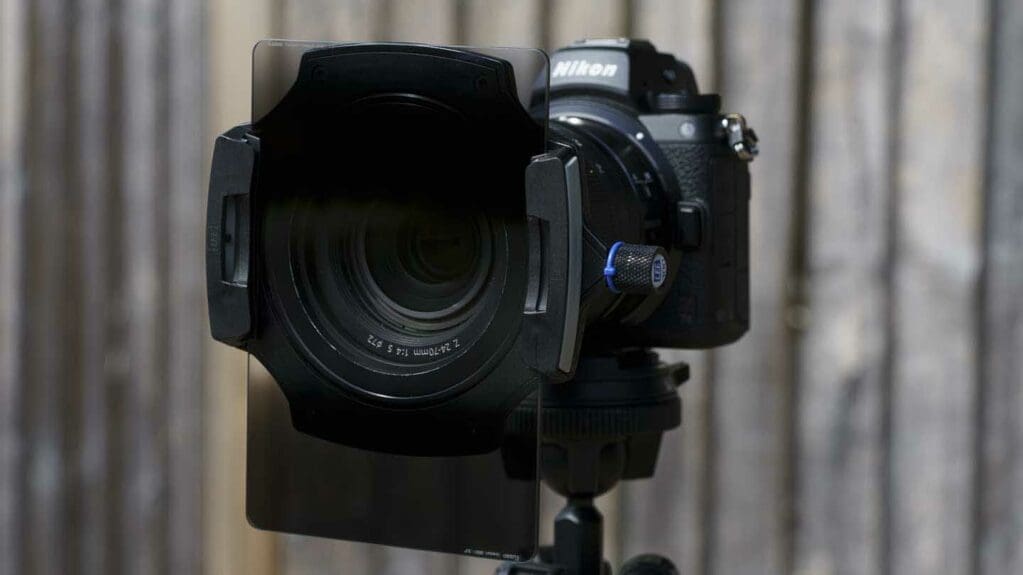A graduated neutral density filter is (usually) a rectangular lens filter that is clear at one end and neutral grey at the other. The grey section is positioned over the bright part of the image – usually the sky in a landscape – to reduce the brightness of that part of the scene and to balance the exposure across the image. Often referred to as ND grads, graduated neutral density filters are a standard accessory for landscape photography.
Although ND grads have been around forever, Kase has developed the concept by creating a filter with two different types of gradation, one at either end of the filter.
Currently, Kase offers two types of the double grad, the Kase Wolverine 100 X 150mm Double Grad 0.9 GND Medium & Reverse and the Kase Wolverine 100 X 150mm Double Grad 0.9 GND Soft & Hard. While the Medium grad of the Double Grad 0.9 GND Medium & Reverse is useful for a wide range of landscape photography, the Reverse ND is useful for sunset and sunrise – those times when you want to reduce the brightness of the sky, but the brightest part is close to the horizon.
The Kase Wolverine 100 X 150mm Double Grad 0.9 GND Soft & Hard gives the same strength and type of filter at either end but the gradation is abrupt at the hard end and very gradual at the soft end. A hard ND grad filter is especially useful with seascapes or where there’s an even horizon. Conversely, a soft ND is handy when objects such as trees, buildings or mountains extend into the sky. It enables the sky to be darkened without an obvious transition from light to dark in the trees etc.





